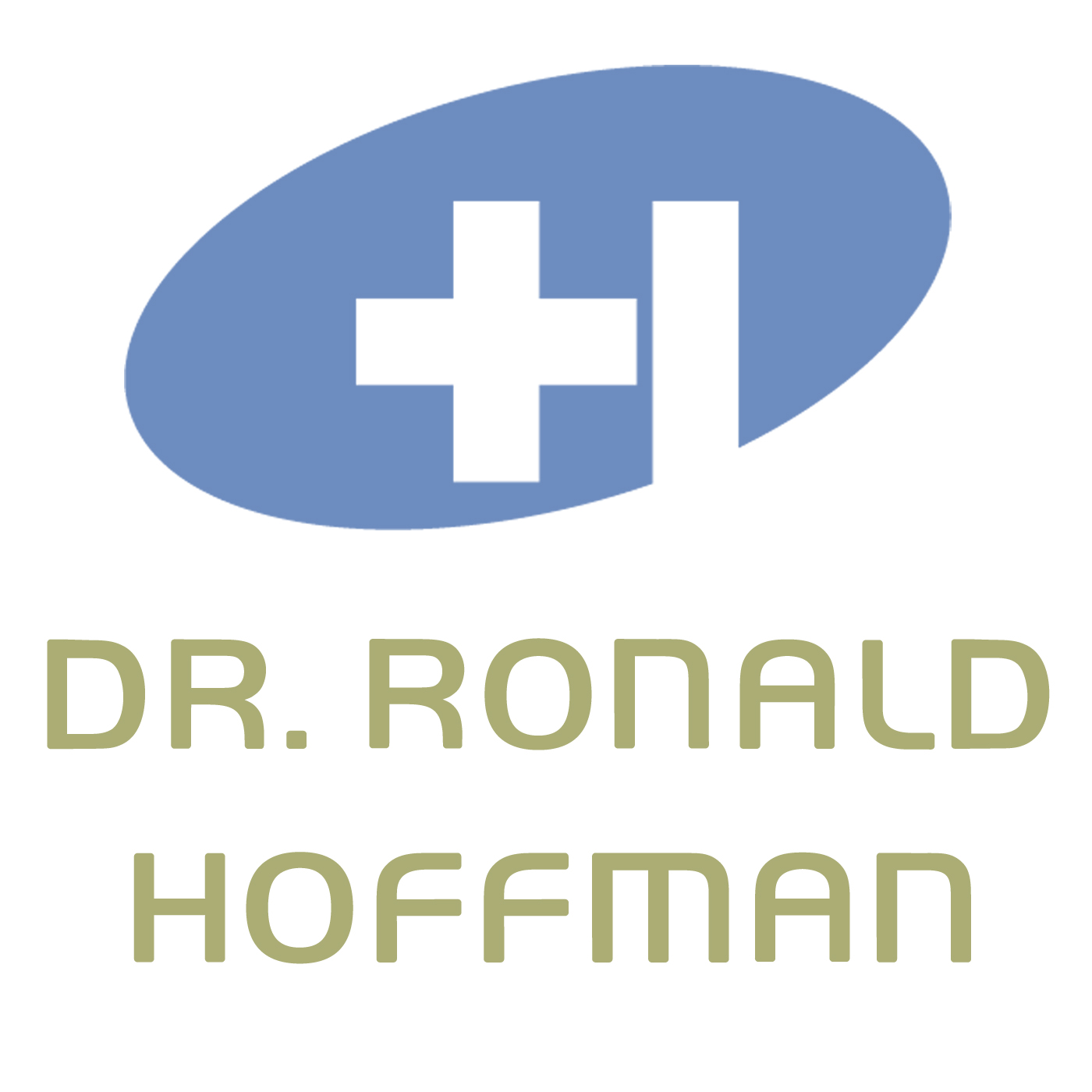| Podcast | |
|---|

|
Intelligent Medicine Radio Show for May 23, Part 2
May 25, 2020
Low-carb and low-glycemic diets outperform low-fat diets for cardiovascular prevention; Carb quality more important than carb quantity for diabetes control; Additional benefit of low-GI diets—improved sleep quality; Two apples per day keep the cardiologist away; Low-fat diets recommended by the American Heart Association shown to lower testosterone; Exercise improves brain function; Vitamin D and probiotics curb gestational diabetes; How much vitamin D and green tea for breast cancer prevention? Click HERE for part 1.
|
Share:
 |
|

|
Intelligent Medicine Radio Show for May 16, Part 1
May 18, 2020
Age is a risk factor for Covid-19, but regardless of your age, “metabolic fitness” confers resistance; A surprisingly tiny percentage of Americans meet the criteria for optimal metabolic fitness; Why are thousands of people signing up to be deliberately exposed to coronavirus? What’s the difference between vitamin D2 and vitamin D3? Why do men sometimes get breast cancer? Why are the homeless not dying in droves of Covid-19? Click HERE for part 2. Click HERE for articles and resources relating to this podcast episode.
|
Share:
 |
|

|
Leyla Weighs In: Vitamin D Insufficiency and COVID-19
May 15, 2020
Vitamin D insufficiency may be prevalent in severe COVID-19 cases; The many impacts of low vitamin D levels.
|
Share:
 |
|

|
Intelligent Medicine Radio Show for May 9, Part 1
May 11, 2020
Vitamin D and zinc cited in new studies as crucial to Coronavirus defense; Steam heat, not harsh disinfectants, appears best for N95 mask cleaning; “Turfing” patients promoted spread of coronavirus to vulnerable elderly in nursing homes; The role of nitric oxide in maintaining resistance to infections, pollutants. Click HERE for part 2. Click HERE for articles and resources relating to this podcast episode.
|
Share:
 |
|

|
The Genetics of COVID-19, Part 1
April 30, 2020
There are many factors that determine who’s more prone to hospitalization or death from coronavirus infection. But among them—and now subject to intense research—are individual genetic predispositions. Certain genes can make you more susceptible to an inflammatory cascade—cytokine storm—that presages a bad outcome in COVID-19. Integrative physician Dr. Sharon Hausman-Cohen, MD, is co-founder of IntellxxDNA, a service that helps health professionals interpret their patients’ genetic profiles. She sheds light on how variations in gene expression can influence pathways integral to viral infection. These analyses, based on saliva samples, can yield critical insights about deployment of various nutraceutical treatments—including elderberry, andrographis, astragalus, vitamins A, C, and D, zinc, fish oil and specific pro-resolving mediators (SPMs), quercetin, melatonin, EGCG, and curcumin. Click HERE for part 2.
|
Share:
 |
|

|
The Role “Metabolic Fitness” Plays In Resistance to the Coronavirus, Part 1
April 21, 2020
In the wake of the largest study of its kind that demonstrates that obesity is the single biggest factor that lands people with Covid-19 in the hospital, we discuss the role that “metabolic fitness” plays in resistance to the coronavirus with Dr. Loren Marks, Functional Medicine chiropractor in New York City. Dr. Marks makes the case for the protective effects of certain nutrients: vitamins A, C, D, zinc and n-acetyl cysteine. Is there a potential for excessive immune stimulation resulting in cytokine storm? What’s Dr. Marks doing personally to maintain fitness during the lockdown? What’s the role of the microbiome in maintaining immune health? How does the “gut/lung axis” influence resistance to respiratory pathogens? What are some of the genetic determinants of susceptibility to Covid-19? Click HERE for part 2.
|
Share:
 |
|

|
The Applicability of Nutrients to Coronavirus, Part 1
April 16, 2020
Dr. Thomas Guilliams, author of "Supplementing Dietary Nutrients: A Guide for Healthcare Professionals" (www.pointinstitute.org) has been devoting considerable thought lately to the applicability of nutrients to the coronavirus pandemic; he shares advice about general nutritional support for immune defense, and then offers suggestions specific to COVID-19. Is there a danger of over-stimulating the immune system and risking ”cytokine storm”? What roles for A, C, D, zinc? What about melatonin, curcumin, NAC, alpha-lipoic acid, astragalus, Andrographis, mushroom extracts and beta-glucans products? As Vice President for Scientific Affairs for Ortho Molecular Products, he’s witnessing first hand some of the production bottlenecks and shortages the supplement industry is experiencing—there’s been a surge in demand for nutritional supplements, especially ones with immune-supportive caché. Click HERE for part 2.
|
Share:
 |
|

|
The Applicability of Nutrients to Coronavirus, Part 2
Dr. Hoffman continues his conversation with Dr. Thomas Guilliams, author of "Supplementing Dietary Nutrients: A Guide for Healthcare Professionals" (www.pointinstitute.org). Click HERE for part 1.
|
Share:
 |
|

|
The Impact of Natural Interventions for COVID-19, Part 1
April 14, 2020
Dr. Lise Alschuler, a faculty member of the Andrew Weil Center for Integrative Medicine at the University of Arizona, is lead author of a new paper exploring the impact of natural interventions for COVID-19. She explains why it’s not sufficient merely to borrow from our knowledge of what works for ordinary colds and flus—the Coronavirus has distinct characteristics. Do healthy lifestyle practices—diet, exercise, sleep, stress mitigation—confer some degree of protection from the worst outcomes? When it comes to supplements, do we need to know “when to hold and when to fold” with regard to immune boosters? What about the alleged potential of some of these—like elderberry—to generate “cytokine storm”? Dr. Alschuler provides a detailed rundown on plausible vitamins, minerals and nutraceuticals for COVID-19. Click HERE for part 2.
|
Share:
 |
|

|
The Impact of Natural Interventions for COVID-19, Part 2
Dr. Hoffman continues his conversation with Dr. Lise Alschuler, a faculty member of the Andrew Weil Center for Integrative Medicine at the University of Arizona. Click HERE for part 1.
|
Share:
 |
|
|




























